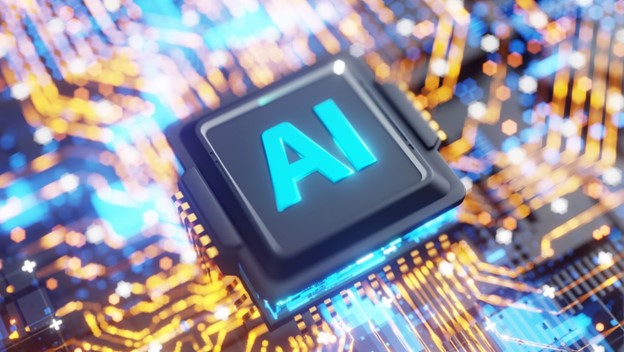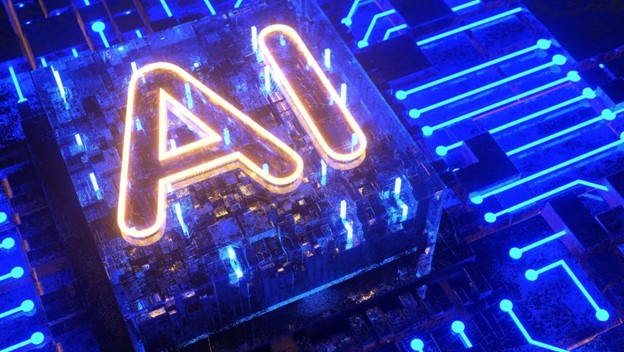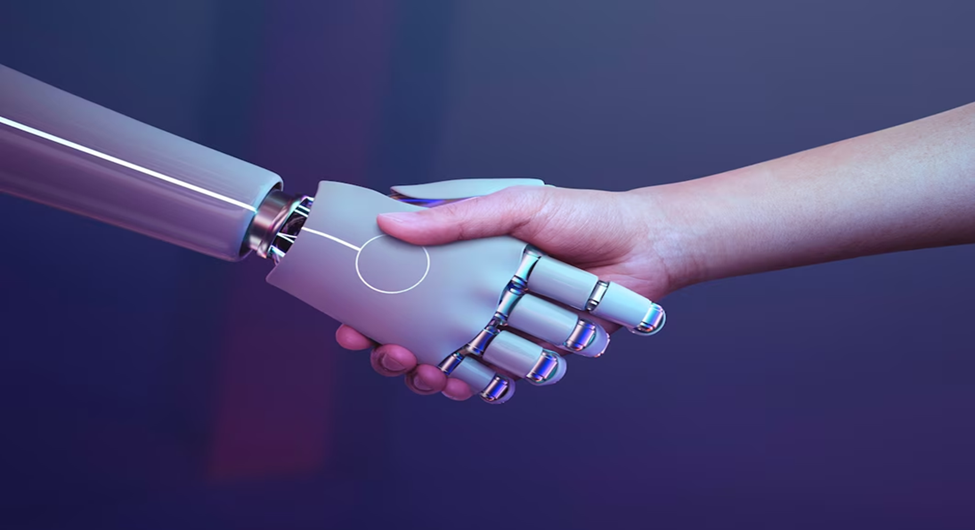
Artificial Intelligence (AI) has emerged as a groundbreaking force, reshaping industries across the globe. From healthcare to retail, transportation to finance, AI’s applications are extensive and transformative. The capacity of AI to analyze vast amounts of data, make predictions, and automate decision-making is revolutionizing business models and operational structures. In this article, we will delve into various industries where AI is playing a pivotal role, offering insights into current trends and future potential.
Healthcare
AI’s impact on healthcare has been nothing short of revolutionary. It is being utilized for predictive diagnostics, personalized medicine, and patient monitoring, among other applications. Predictive diagnostics powered by AI can identify potential health issues even before symptoms appear, enabling early intervention and potentially preventing serious complications.
Personalized medicine, another promising area where AI shines, uses data such as genetic information and lifestyle factors to tailor treatments to individual patients.
AI is also improving patient monitoring, with smart devices capable of tracking a wide range of health metrics and alerting healthcare professionals to any concerning changes. This level of continuous, real-time monitoring can improve patient outcomes, particularly for those with chronic conditions.
Finance
The finance industry is also embracing AI in a big way. With its ability to process and analyze vast amounts of data, AI is helping financial institutions improve their services and operations.
One area where AI is making a significant impact is fraud detection. Through machine learning algorithms, AI can quickly identify patterns and anomalies that humans may miss, resulting in faster and more accurate fraud detection. This is particularly crucial in today’s digital landscape, where financial fraud is becoming increasingly prevalent.
AI is also transforming investment strategies by helping financial analysts make data-driven decisions. This not only increases efficiency but also improves the accuracy of predictions.
Retail
The retail industry is experiencing a seismic shift, with AI at its core. From inventory management to personalized shopping experiences and customer behavior prediction, AI is revolutionizing the way retailers do business.

Inventory management is one of the biggest pain points for retailers, but AI-powered solutions can accurately forecast demand, optimize stock levels, and even automate ordering processes. This not only streamlines operations but also reduces waste and improves customer satisfaction.
Personalized shopping experiences, another key area where AI excels, use data on customer preferences and behaviors to offer personalized product recommendations and tailored marketing offers. This type of customization can significantly improve customer engagement and loyalty.
Furthermore, AI-powered customer behavior prediction allows retailers to anticipate consumer trends and make proactive business decisions that improve profitability. This includes predicting product demand, identifying new market opportunities, and optimizing pricing strategies.
Education
In the education sector, AI is transforming traditional learning methods and making personalized education more accessible to students. With AI-powered tools, educators can tailor lesson plans and teaching materials to meet individual student needs, offering a more engaging and effective learning experience.
AI is also streamlining grading systems by automating assessments and providing detailed feedback to students in real time. This not only saves educators time and resources but also provides students with a more accurate and timely evaluation of their progress.
Virtual tutoring is another way AI is enhancing personalized learning. With virtual tutors powered by AI, students can receive one-on-one support and guidance anytime, anywhere. This offers students a more flexible and convenient learning experience while providing them with the personalized attention they need to succeed.
Entertainment
In the entertainment industry, AI is elevating user experiences to unprecedented heights. It’s pioneering developments in content recommendation systems, game development, and virtual reality. AI-powered recommendation engines analyze individual user behavior, preferences, and history to suggest tailored content, enhancing user engagement and satisfaction.
In game development, AI is used to create more dynamic and immersive experiences. Algorithms can generate complex, variable narratives and environments that adapt according to the player’s actions, making each playthrough unique.
Virtual reality, an immersive technology in itself, is also being enhanced by AI systems. AI can create interactive, high-definition virtual environments that respond to and learn from user’s actions in real time. This results in a realistic and personalized virtual reality experience.
Even the casino industry is embracing AI, using it for facial recognition, fraud detection, and personalized marketing strategies. The customer experience is also being enhanced through AI-powered features such as facial recognition for VIP guests and personalized recommendations based on player behavior. So, everyone can enjoy their game properly, from blackjack xchange to slot machines.
Marketing
AI is transforming the world of marketing, offering new and innovative ways for businesses to reach and engage with their target audience. With AI-powered tools, marketers can analyze vast amounts of data to gain insights into customer behavior and preferences, enabling them to create targeted and personalized marketing campaigns.

One area where AI is making a significant impact is in chatbots. Chatbots use natural language processing and machine learning algorithms to provide customers with real-time support and personalized recommendations. This not only improves customer satisfaction but also frees up valuable time for human employees to focus on more complex tasks.
AI is also being used in digital advertising, where it can optimize ad placement, targeting, and messaging based on individual user data. This results in more effective and efficient marketing campaigns that yield higher returns on investment.
Influencer marketing is also being transformed by AI, with algorithms able to identify and analyze the most influential individuals for a particular brand or product. This helps businesses make more informed decisions when choosing influencers to partner with, leading to more successful collaborations.
Writing, video editing, pictures, graphics, and more – AI is revolutionizing the way we experience content. It’s no longer just about creating visually appealing or interesting material but also about delivering personalized and relevant content to each user.
Civic Management
In the realm of civic management, the adoption of AI is proving to be a game-changer. It’s paving the way for smarter cities by enhancing urban planning, resource management, and public service delivery. AI-driven solutions are capable of analyzing large volumes of data from various sources, such as traffic systems, waste management, and public utilities, to make informed decisions and optimize services.
For instance, AI can assist in forecasting traffic patterns, thereby aiding city planners in designing more efficient transportation networks. Similarly, AI can facilitate optimal utilization of resources by predicting electricity and water usage trends.
Furthermore, when it comes to public service delivery, AI can streamline processes, enabling public authorities to deliver services more efficiently and effectively.
Cybersecurity
In the field of cybersecurity, AI is playing a critical role in safeguarding digital assets against increasing cyber threats. AI-powered systems can continually learn and adapt to evolving threats, making it possible to anticipate and mitigate potential risks. They can monitor and analyze massive volumes of data in real time, identifying patterns and anomalies indicative of a cyber attack, such as unusual user behavior or suspicious network activities. This allows for immediate threat detection and prompt response, reducing the window of opportunity for cybercriminals.
AI’s predictive capabilities also come into play in forecasting future cyber threats. This aids in proactive defense strategy formation, strengthening cybersecurity infrastructure against potential attacks.
Moreover, AI enables automation in incident response, reducing the need for human intervention, minimizing human error, and ensuring swift and efficient threat neutralization. In this way, AI is revolutionizing cybersecurity, providing robust protection in an increasingly digital and connected world.
Final Thoughts
AI’s influence will continue to grow, revolutionizing our digital landscape and reshaping the way we live, work, and play. As we move towards an increasingly AI-driven world, it’s crucial to harness the potential of this technology responsibly, considering ethical implications and striving for a future where AI serves to augment human potential and create a more equitable, inclusive world.
